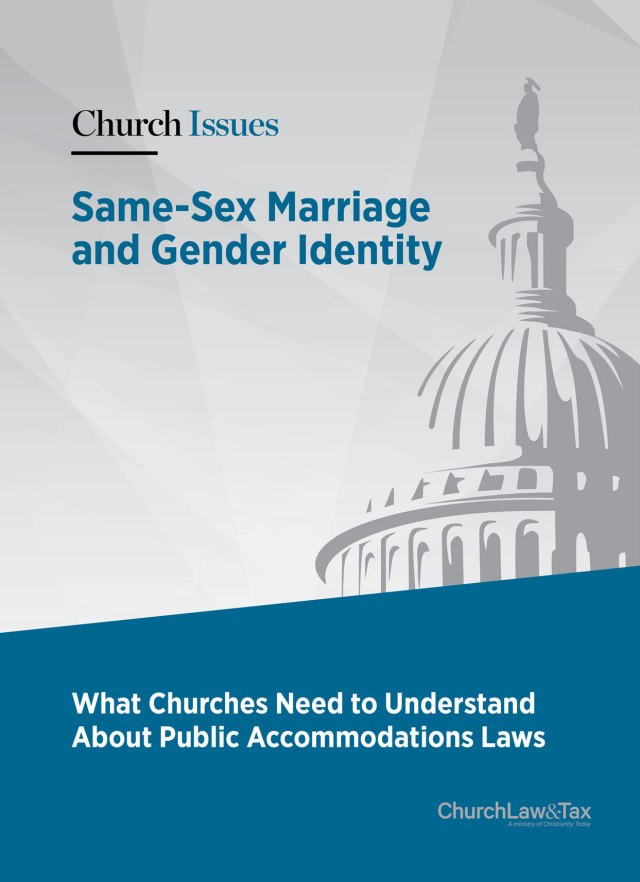This is a common question. Pastors often are asked to perform marriages in other states for friends and relatives. Many never consider the legal implications of such commitments until the deadline looms. By then, it may be too late to comply with applicable legal requirements, which leaves the couple in a precarious position.
Here is a checklist of items for pastors to consider as soon as they receive a request to perform an out-of-state marriage:
1. A pastor’s legal authority to solemnize a marriage in another state will depend on the law of that state. The fact that the pastor is ordained does not necessarily empower him or her to perform a marriage in another state.
2. Many states have enacted laws that permit nonresident ministers to solemnize marriages so long as they comply with certain requirements. Here are a few examples:
- “A county clerk may authorize a licensed or ordained minister whose congregation is in another state to perform marriages in the county if the county clerk satisfies himself that the minister is in good standing with his denomination or church.”
- “The secretary of state may issue a special license to an ordained or non- ordained minister residing out of the state, or to an individual residing out of state who is authorized or licensed by law to perform marriages in such individual’s state of residence, authorizing him or her in a special case to marry a couple within the state.”
- “The preacher, minister, priest, rabbi, or ecclesiastical dignitary who is not a resident of this state, but has complied with the laws of the state of which he or she is a resident, shall have filed once, in the office of the court clerk of the county in which he or she intends to perform or solemnize a marriage, a copy of the credentials or authority from his or her church or synagogue authorizing him or her to solemnize marriages.”
- “Marriages may be solemnized by a … member of the clergy residing in some other state … provided he or she has first secured from the probate court of the district within which the marriage is to be solemnized a special authorization, authorizing him or her to certify the marriage if such probate judge determines that the circumstances make the special authorization desirable.”
Note that each of these laws requires action on the nonresident minister’s part in order to qualify to perform a wedding. It is imperative for ministers to be familiar with these requirements shortly after they are asked to perform the out-of-state marriage to ensure that there will be sufficient time to comply.
3. A few states have enacted laws authorizing nonresident ministers to perform a marriage within the state if they are legally authorized to do so in their state of residence.
4. It often is helpful to contact the county courthouse for the county in which the marriage will be performed to ask for assistance. The courthouse will have staff who are familiar with the marriage requirements, and who can provide invaluable assistance. Many have brochures or checklists to assist nonresident pastors in complying with the local requirements.
5. Remember, time is of the essence! Don’t delay in familiarizing yourself with the legal requirements that apply in the state where the marriage will be performed, or you may find yourself with too little time to comply.
6. Ministers should not agree to perform a marriage in another state without first confirming that they are legally authorized to do so.
7. Some ministers who perform marriages in other states attempt to avoid any legal problems by having a resident minister solemnize the marriage, while they assist.



